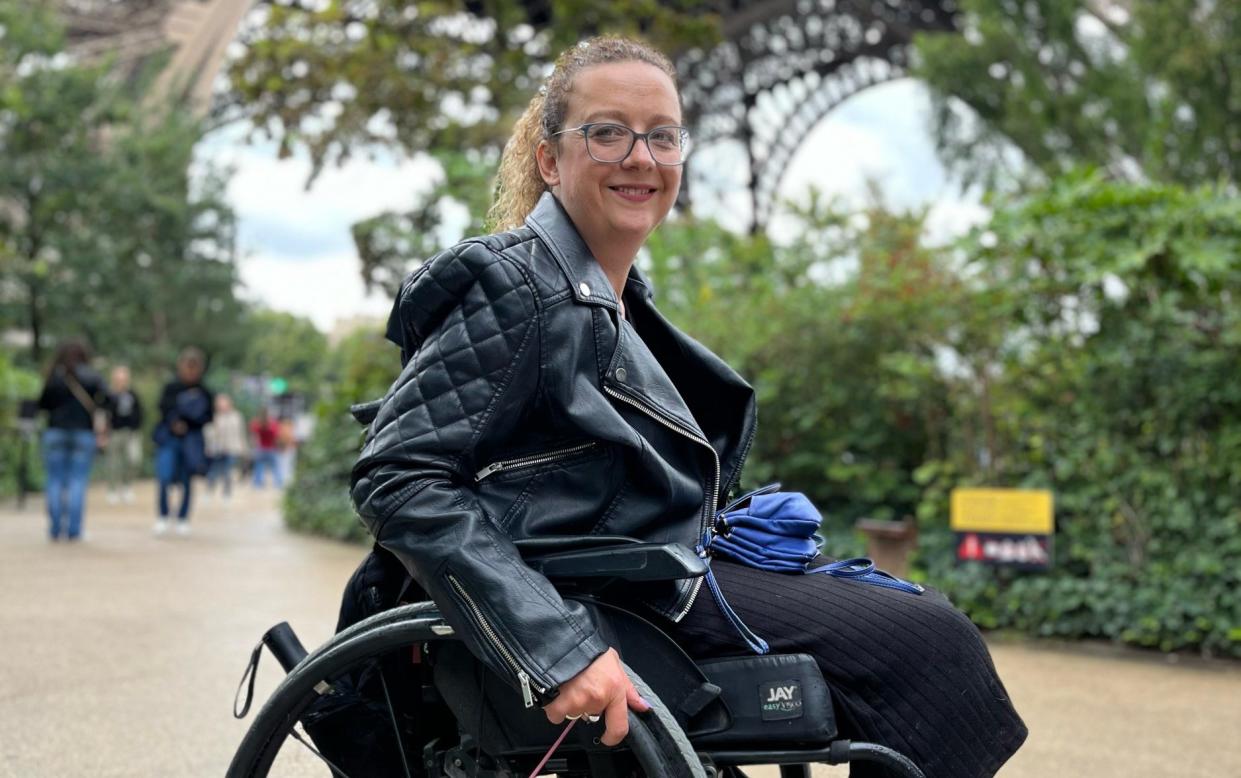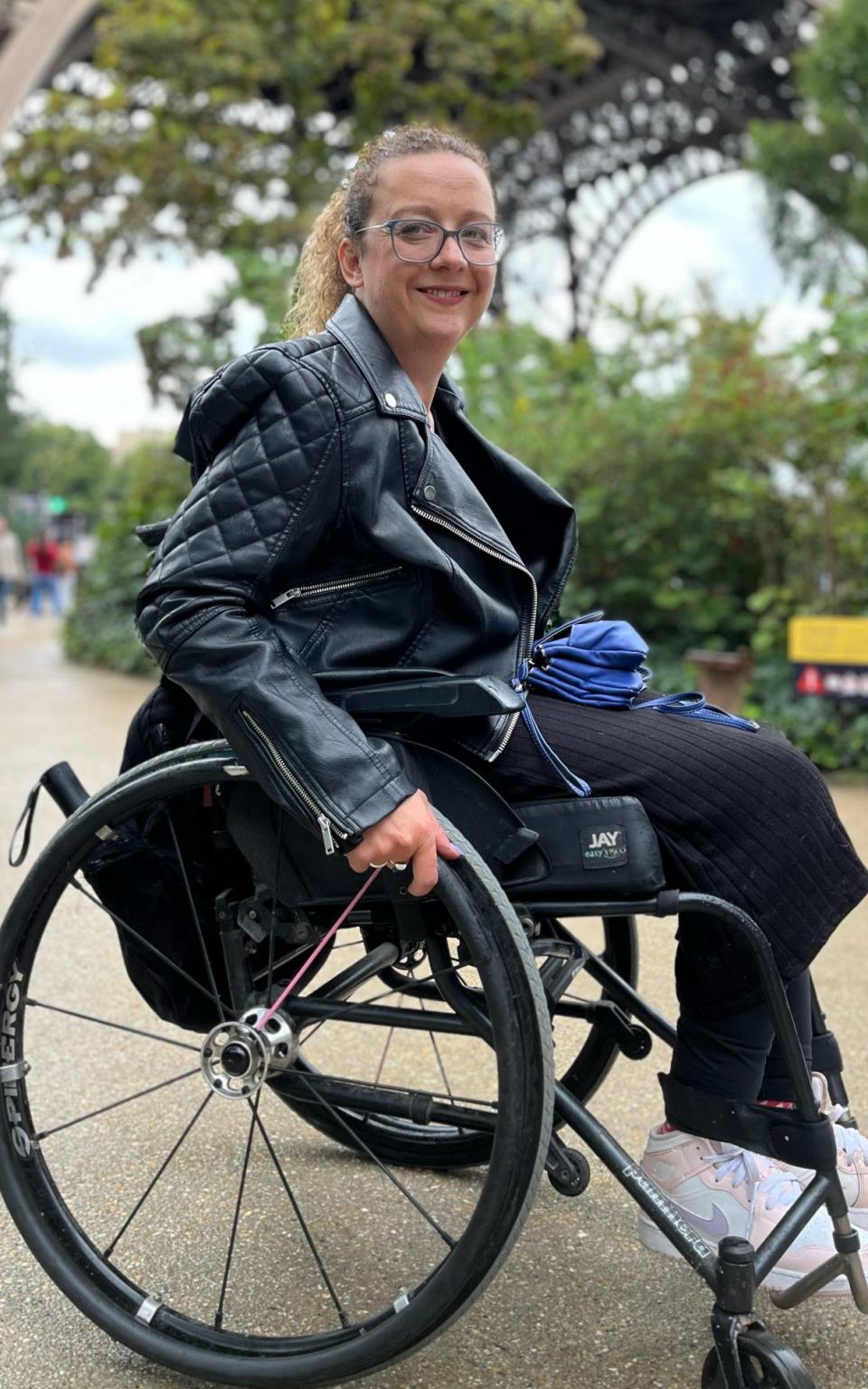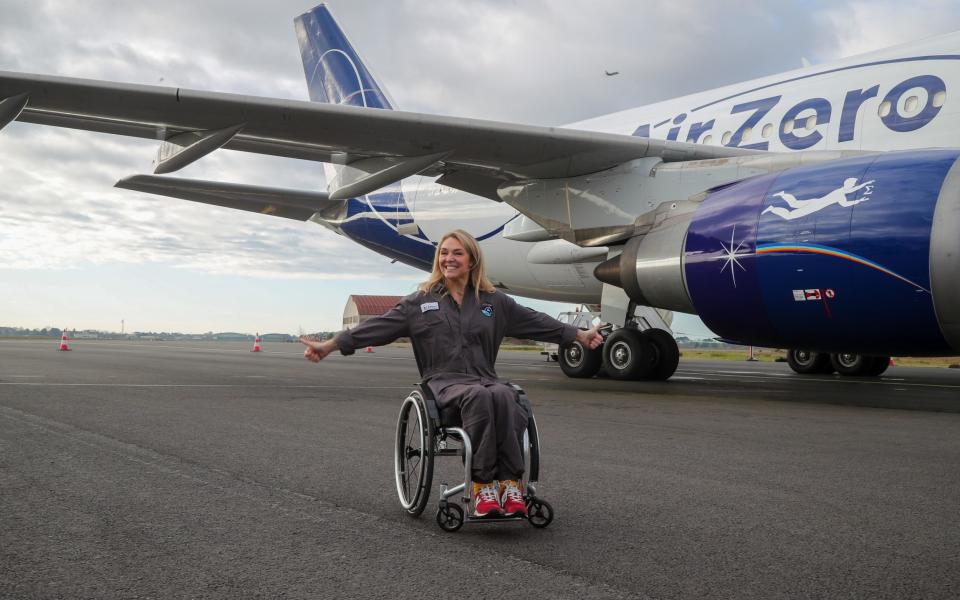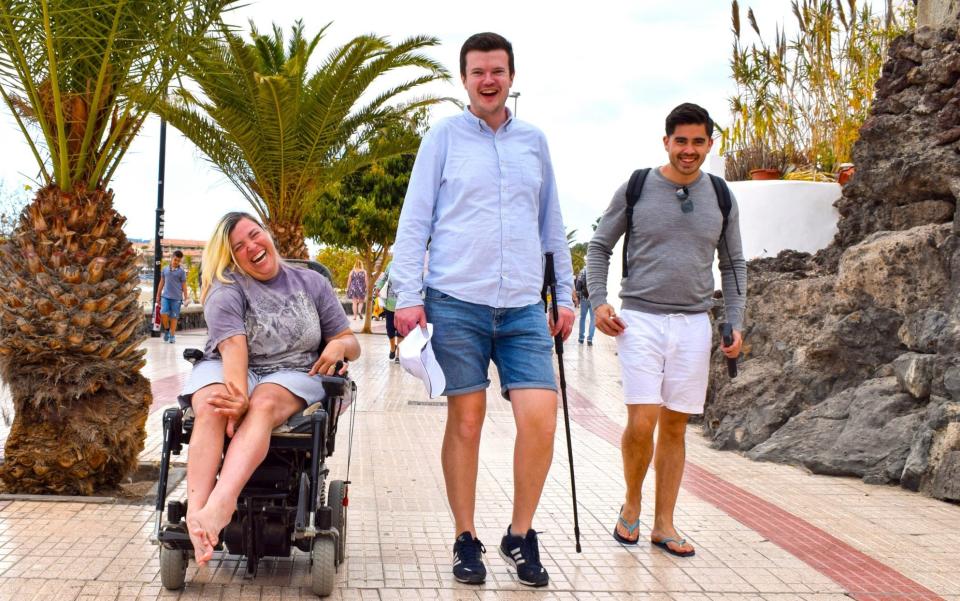The best airlines for disabled passengers


Last week, the BBC journalist Frank Gardner shared on social media that he had been forced to crawl to the toilet on a plane. The security correspondent, who was paralysed when he was shot by al-Qaeda sympathisers in 2004, called the experience “degrading” and the incident was met with alarm by commentators.
Unfortunately, a lack of consideration for air passengers with disabilities is all too common. Last year, video circulated of airport staff throwing mobility equipment to the ground, while in 2018, the broadcaster Sophie Morgan reported being stranded on a plane for 40 minutes after staff removed her wheelchair.
Gardner was flying with the Polish airline LOT, which does not have onboard aisle chairs (narrow, wheeled seats that fit the specifications of a plane). In a statement to the BBC, LOT said it was “deeply sorry for the distressing experience”, and that it “sincerely apologises for the inconvenience and discomfort caused by the lack of an on-board wheelchair”.
The airline also stated that it understands “the importance of accessibility” and is “actively testing solutions to equip its short-haul aircraft with on-board wheelchairs in the near future”.
His experience highlights how anxiety-inducing travel can be for disabled people, with no guarantees of a smooth trip, something that writer and activist Carrie-Ann Lightley says can exacerbate an already stressful experience.
“I come off a flight and have all the physical exhaustion that I usually would, but I also have all this preemptive anxiety thinking about my mobility equipment,” she says. “And I just want to have a good holiday.”

There are some airlines that do have, for example, aisle chairs – including British Airways, EasyJet, Ryanair, Aer Lingus and “the majority” of Jet2 flights. But aisle chairs are not the totality of support airlines can offer – passengers can have a range of disabilities, all with different needs.
In the UK, disabled passengers are legally entitled to special assistance when flying, something that is usually booked ahead of travel. This can include the use of an airport wheelchair to get through check-in and bag drop, or aid getting to a seat on the plane. Upon landing, there should also be help to reunite flyers with any mobility equipment and possibly guidance through the terminal to a designated final point, like a car park or railway station.
Carrie-Ann mentions Virgin Atlantic as an operator with particularly accessible policies. The airline offers the option of storing manual wheelchairs on board, rather than in the hold, which can be reassuring for passengers and make boarding a much less stressful experience.
Virgin Atlantic’s option to download a “hidden disability symbol” is also helpful for those without mobility aids, indicating to staff that a passenger might have a condition like autism, deafness, dementia, or severe anxiety. Other policies include offering a verbal orientation of the plane and pointing out bathroom facilities.
Similar schemes, like the sunflower lanyard, are recognised across airlines (BA being the first to officially adopt it in 2022).

For Angus Drummond, the founder of accessible holiday company Limitless Travel, Qatar Airways and Emirates are among the best. “They have a high level of service in general and, as a result, are better for disabled guests,” he says. “I’ve [also] travelled regularly with airlines like Jet2 and Ryanair, and found that there’s never been an issue at all.”
Georgina Burton, however, an accessible travel blogger, says trouble-free experiences are rare. “I have faced problems with every flight I have taken,” she says, “I can’t actually say that any of the airlines [I’ve flown on] have stood out as better than others.”
Data on the number of complaints made by disabled passengers to airlines in the UK is not publicly available, but studies by groups like AbleMove and Flying Disabled show that problems are widespread.

In the US, disabled travel writer John Williams has used Department of Transportation data to rank the accessibility of airlines, with Delta performing the best. JetBlue ranks lowest, in part due to some five per cent of travellers noting mishandled wheelchairs.
Most, however, feel the problem is not airline-specific but about poor staff training and, in some cases, the legal requirements of the destination country.
“Obviously, air travel is international, and that makes it challenging,” says Carrie-Ann. “Universally, there is assistance available. But the standard of assistance varies hugely depending on where you are in the world, and it’s not really about individual airlines.”
Organisations like Rights on Flights are working to standardise policies. The pressure group, founded by Sophie Morgan, aims to improve the situation for disabled travellers by increasing staff competency and pushing manufacturers to implement accessible designs. Their campaign has legislative ambitions, too. The Assisted Air Travel Act was introduced to the Houses of Parliament in 2023, requesting that the Civil Aviation Authority be granted legal powers. This would allow it to fine airlines if they fail to look after disabled passengers and their mobility devices.
Currently, the law does not stipulate that mishandled special assistance qualifies for compensation, and while passengers can claim for a damaged mobility device, payouts can be capped at around £1,300 as part of the Montreal Convention.
Chris Wood, who is a part of Rights on Flights, thinks that the Act is a promising solution to the current issues. “All airlines have good and bad days,” he says. “Staff don’t wake up and say ‘I am going to ruin someone with a disability’s holiday’. They are doing their best in a broken system.”
That system, however, remains troubling. Earlier this year, a survey by Channel Four found that of 500 people with reduced mobility, 50 per cent felt they were discriminated against when they flew. More than half said they experienced an accessibility issue with at least one airline, and one in four who use a mobility aid had it lost or damaged while flying.

For Carrie-Ann, any change is welcome. “Currently, I’m not always treated like a human being, like a paying customer, by staff who are assisting me.”
“I pay the same price for an airline ticket as anybody else does, and I don’t believe that I receive an equal service. For quite a long time, I’ve said that if the service level is going to continue as it is, then disabled passengers should have concession rates, because you’re getting worse service.
“I don’t want to always have to fight for my rights. I want to be able to relax and enjoy my holiday.”
Chris Wood is optimistic that this will soon be possible. “The stage is set for 2025 to be the landmark year for the changes that our community has been vying for. We all want safety and dignity when travelling by air. Finally, it will be the same experience for everyone.”


